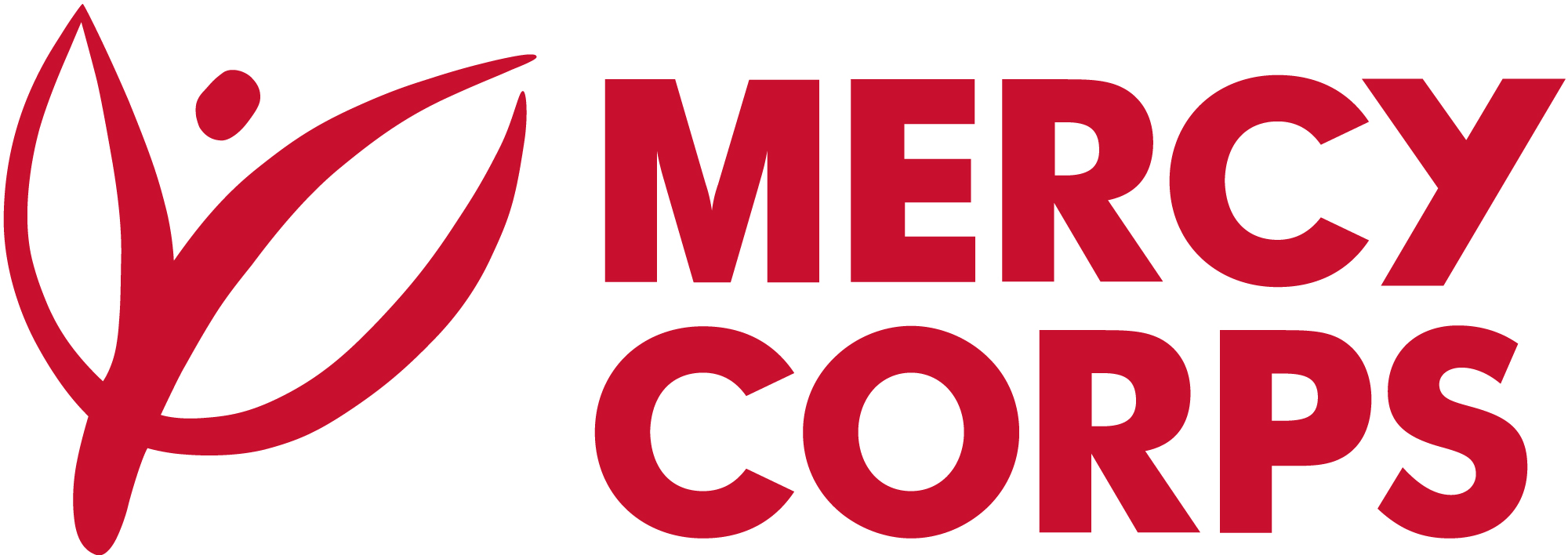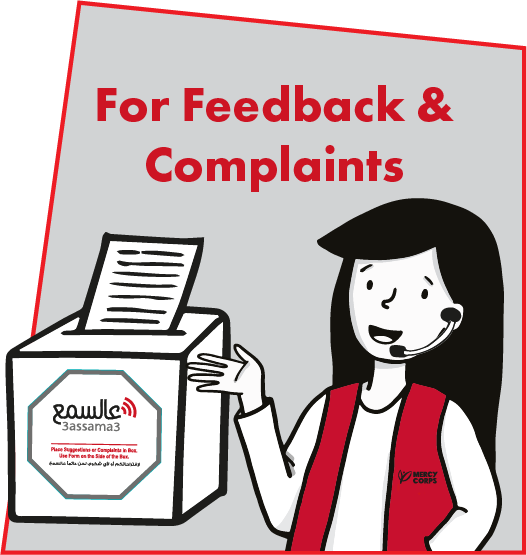Key Takeaways:
- A June 30 Israeli strike in the Beirut suburb of Haret Hreik killed seven people, including five civilians and a top Hezbollah official, prompting the group to vow retaliation. The strike was the first to target Beirut since January 2, when Israeli forces assassinated senior Hamas official Saleh al-Arouri and killed six other Hamas members.
- Both Israel and Hezbollah accelerated their cross-border attacks throughout July. Compared to previous months, Hezbollah launched more attacks deeper than five kilometers into Israel and Israeli shelling targeted more homes in Lebanon. Israel continues to use phosphorus munitions along the border region, which is expected to have long-term negative implications for the regional agriculture sector.
- Central Bank Governor Wassim Mansouri lobbied stakeholders in Washington to prevent Lebanon from being added to the Financial Action Task Force (FATF) grey list. Analysts assert that Lebanon is at significant risk of being greylisted due to a lack of oversight and its failure to prevent money laundering and other illicit financial activities.
- Lebanon’s year-on-year inflation rate slowed in June, dropping below 50% for the first time since April 2020. However, prices continue to rise on a monthly basis, with rent and transportation costs leading the way. Monthly prices increased most in South Lebanon (2.57%) and Beirut (1.29%).
- Lebanese residents contended with severe electricity cuts in early July due to a halt in Iraqi fuel oil shipments. A single shipment of Iraqi fuel oil – originally slated for delivery in June – reached Lebanon in the middle of the month, though no others have been scheduled. Limited electricity supply curtails the provision of essential services and places additional burdens on vulnerable households that cannot access “backup” generator services.
By Crisis Analytics Team, Mercy Corps Lebanon



